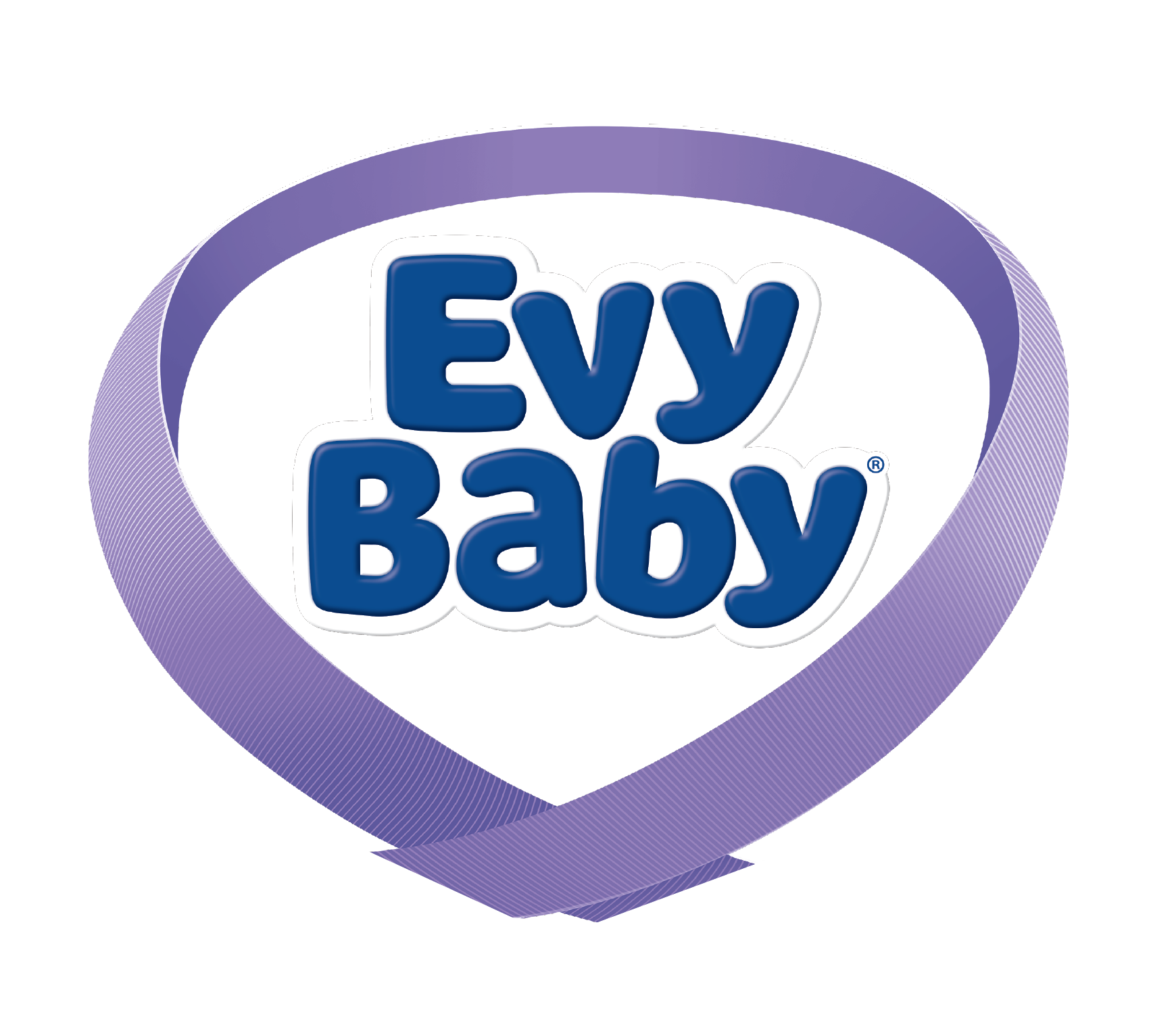

Your baby is full up, and has been to the toilet, so why is she/he still crying? Singing lullabies or walking around the house with your baby over your shoulder not working? You may be hesitant about using a dummy, even though your baby needs to calm down. While there are positive effects of dummies, there are also negative effects.
As you know, a baby is born with a sucking instinct. The process, which starts with finger-sucking while the baby is in the mother’s womb, continues with the same urge after he is born. In the period, defined as the “oral period”, babies learn by putting things into their mouths. This sucking instinct comes from to the feeding urge and gives a sense of comfort. Using a dummy may calm your baby and provide a sense of comfort by satisfying the sucking instinct. It can also help to relieve your breasts, if you are breastfeeding.
A dummy may have positive or negative effects according to frequency of use. It can be useful if your baby is bad-tempered for no apparent reason. It may calm down your baby in such cases by satisfying the sucking urge, and helping your baby to sleep.
However, excessive use of a dummy can be damaging to your baby. Firstly, it may become a habit: if a baby uses a dummy for a long time, it may become dependent on it after a while and refuse to take breast milk or nutritional supplements. A dummy may create a false sense of satisfaction. In addition, oral and dental development may be affected and pave the way for ear and nose diseases.
If you would like to protect your baby from the negative effects of a dummy, try the following hints:
- Don’t introduce a dummy to your child at all;
- If your child does use a dummy, choose the time right to withdraw it.
-Your baby will not usually choose to stop using a dummy; this is normal and you should not be worried. When she/he looks for the dummy, you should tell him that there are no more dummies, or show him/her with your body language.
- If your baby gets used to sleeping with a dummy, sit or stand beside him until he sleeps and hold his hand if he wakes up, so that he feels comforted.
-You should be absolutely decisive about withdrawing the dummy. It is difficult for a baby to get used to not having a dummy if you give him it from time to time; this will only extends the time it takes to wean him/her off it.
- Don't give your baby a dummy before he/she is one month old, and you should prevent him/her from using a dummy after two years old. Sucking a dummy may impair the development of teeth, and a gap between the teeth may develop if dummy-sucking continues after two years.
- Children over three or four years old who are still using a dummy may develop maxillary narrowness, causing facial defects.